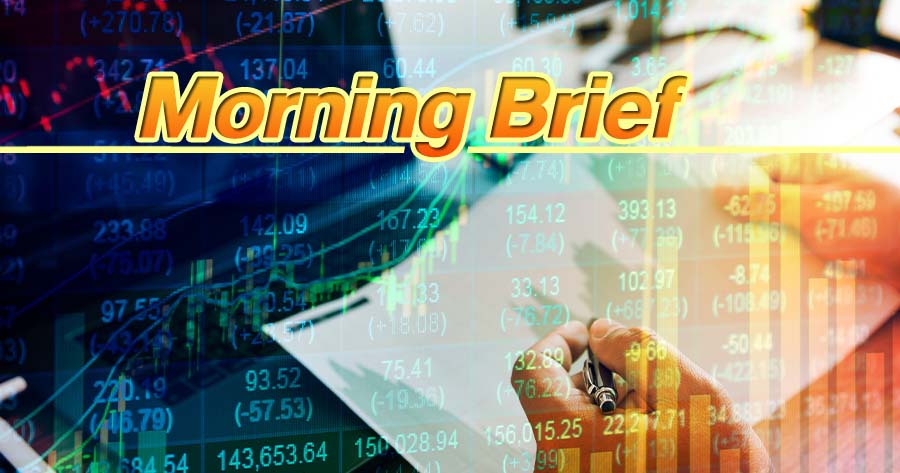1) FSS expects Thailand’s rising economic outlook to help SET Index to outperform peers
Finansia Syrus Securities (FSS) expected the SET Index to extend its sideways-down movement to its support at 1,630 points (+/-). Energy should weigh on the market, in line with crude prices. They tumbled due to demand concerns. Although U.S. retail sales for August (+0.3% M-M) beat the consensus forecast, it missed the estimate when excluding auto (-0.3% M-M). Generally, the market is anxious about the economic slowdown while inflation decreases slowly. As a result, the rising Dollar Index outlook persists. Also, the Fed may hike its policy rate more than expected. In this regard, investors should see if the U.S. central bank raises it by 0.75%, as expected, or not. Short-term international funds streamed out of the Thai market.
However, Thailand’s rising economic outlook should help the SET Index outperform its global peers. Also, FSS expected continued fund inflows in the mid-term. Domestic and reopening plays, particularly ones with unique catalysts, should continue to outperform the market. For mid-to-long-term investments, wait to accumulate on weakness to 1,600-1,610 (+/-).
2) Oil drops more than 3.5% amid weak demand and strong greenback
Oil prices fell more than 3.5% on Thursday as weaker demand and strong U.S. dollar outweighed concerns over tight supply.
Yesterday, the international benchmark dropped 3.46% to close at $90.84 per barrel, while the West Texas Intermediate (WTI) fell 3.8% to close at $85.10 a barrel.
Covid resurgence that forced several cities in China to enter into another lockdown raised concerns that weaker demand could outweigh global tight supply. Meanwhile, an anticipation for further Fed rate hikes caused the greenback to rally, resulting in dollar-denominated commodities to be more expensive for other currency holders.
3) World Bank says global economy is walking into recession
The World Bank said that the global economy might walk into a recession amid broadest rate hikes in five decades.
Studies from the World Bank also estimated 2023 global economic growth to slow to 0.5%, and contract 0.4% in per capita terms that would meet the technical definition of a global recession.
Meanwhile, investors expected central banks to raise global monetary policy rates to almost 4% next year in an effort to keep core inflation at the 5% level.





